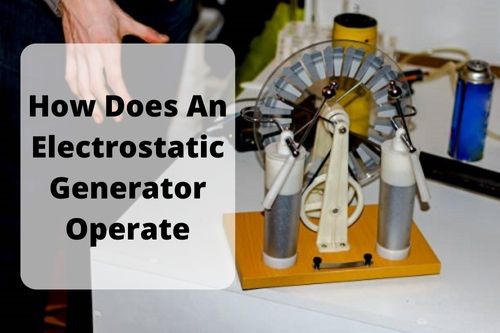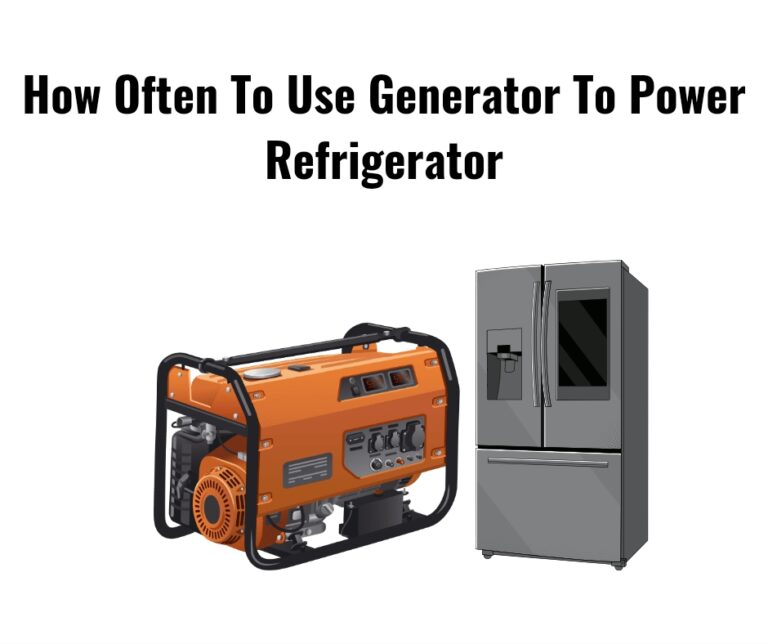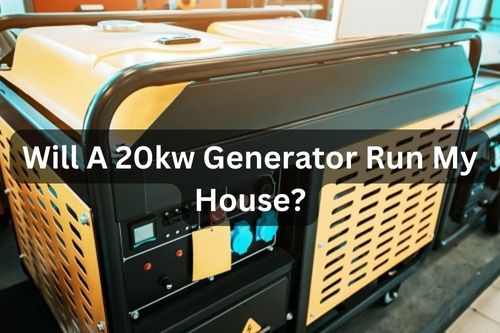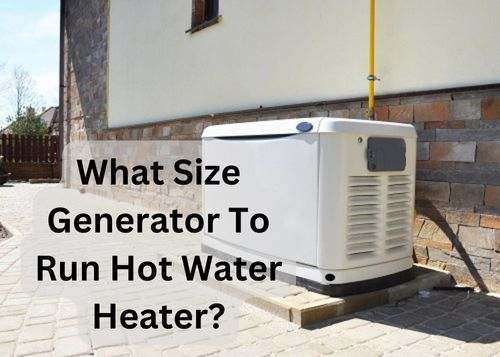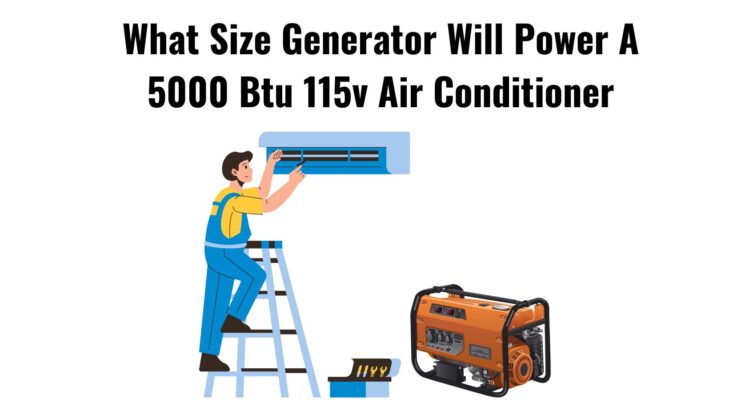
A generator can be a crucial appliance during power outages, outdoor trips, and other situations where access to electricity is limited. However, choosing the right generator size is essential to ensure that it meets your power needs and provides reliable power when you need it. Undersizing the generator can result in frustration, while oversizing can be a waste of money and resources.
In this article, we will explore the importance of choosing the right generator size for a 5000 BTU 115v air conditioner. Air conditioning can be a significant energy draw, and it is essential to choose a generator that can adequately power it. Understanding air conditioner sizing, the power requirements of a 5000 BTU 115v air conditioner, and the generator size needed to power it, can help you make an informed decision when choosing the right generator.
Understanding Air Conditioner Sizing
Choosing the right generator for your air conditioner is crucial for ensuring that your AC unit operates effectively and efficiently. Understanding air conditioner sizing and BTU (British Thermal Units) is an important first step in selecting the right generator size.
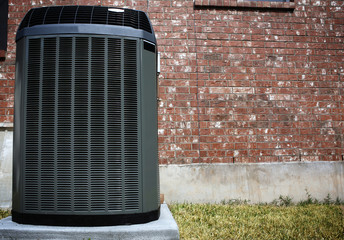
Air conditioner sizing is the process of determining the right size air conditioner for a specific room or space. When choosing the right air conditioner, it is important to consider factors such as room size, insulation, and the number of windows in the room. A unit that is too small will struggle to cool a room, while a unit that is too large will cycle on and off frequently, leading to decreased efficiency and increased energy costs.
How to Calculate the Right Size of the Generator
To calculate the right size of generator for your air conditioner, you will need to know the air conditioner’s BTU rating and its power requirements. The generator must be able to provide enough power to operate the air conditioner, as well as any other appliances or electronics you may need to run at the same time.
Once you have this information, you can use online calculators or consult with a professional to determine the right size generator for your needs. It is important to choose a generator that can handle the power requirements of your air conditioner, as well as any other appliances or electronics you may need to run simultaneously.
However, understanding air conditioner sizing and BTU is an important step in selecting the right generator size. By considering factors such as room size, insulation, and power requirements, you can ensure that your air conditioner operates effectively and efficiently, and that your generator is powerful enough to meet your needs.
Power Requirements of a 5000 BTU 115v Air Conditioner
Air conditioning is essential for staying cool during hot summer days. If you’re in a location without access to electrical power, you may want to consider using a generator to power your air conditioner. But, before you do, it’s crucial to understand the power requirements of your air conditioner, specifically the voltage and BTU rating.
BTU, or British Thermal Units, refers to the amount of heat that an air conditioner can remove from a room in one hour. The higher the BTU rating, the more heat an air conditioner can remove. A 5000 BTU air conditioner is considered a small to medium-sized unit, capable of cooling a room of up to 150 square feet. The power requirements of this unit will vary depending on the manufacturer, but on average, it requires 500 to 800 watts of power to operate.
Generator Size for a 5000 BTU 115v Air Conditioner
Generators come in different sizes and capacities, which are measured in watts. The wattage of a generator refers to the amount of power it can produce. When choosing a generator for your air conditioner, it is important to consider the wattage requirements of the air conditioner and select a generator that can provide enough power.
A 5000 BTU air conditioner requires around 500-600 watts to start and around 400-450 watts to run continuously. This means that you will need a generator with a minimum wattage of 500-600 watts to start your air conditioner and a minimum continuous wattage of 400-450 watts to keep it running.
When choosing a generator, it is important to consider the starting wattage and the continuous wattage. The starting wattage is the amount of power required to start the air conditioner, and the continuous wattage is the amount of power required to keep it running.
A generator that can provide at least 500-600 watts starting power and 400-450 watts continuous power is sufficient to power a 5000 BTU 115v air conditioner. You can choose from different generator sizes that provide these wattages, including portable or stationary generators.
It is important to note that the size of the generator will also depend on the type of air conditioner you have and the additional appliances you may want to power with the generator. If you have a more powerful air conditioner or if you want to power multiple appliances, you will need a larger generator with higher wattage.
However, a 5000 BTU 115v air conditioner requires a generator with a minimum starting wattage of 500-600 watts and a minimum continuous wattage of 400-450 watts. It is important to consider the wattage requirements of the air conditioner and select a generator that can provide enough power.
Final Thoughts and Recommendations
Choosing the right generator size for your 5000 BTU 115v air conditioner is important to ensure that it runs efficiently and effectively. A generator with a minimum starting wattage of 500-600 watts and a minimum continuous wattage of 400-450 watts is sufficient to power this type of air conditioner.
It is important to consider the wattage requirements of the air conditioner, as well as any additional appliances you may want to power with the generator. If you have a more powerful air conditioner or if you want to power multiple appliances, you will need a larger generator with higher wattage.
When selecting a generator, it is also important to consider the fuel type, the noise level, the portability, and the overall quality of the generator. Take your time to research different options and compare features to find the right generator for your needs.
Overall, having the right generator can make all the difference when it comes to powering your air conditioner and other appliances during power outages or in remote locations. By following these guidelines and recommendations, you can ensure that you select a generator that meets your needs and provides reliable and efficient power.


